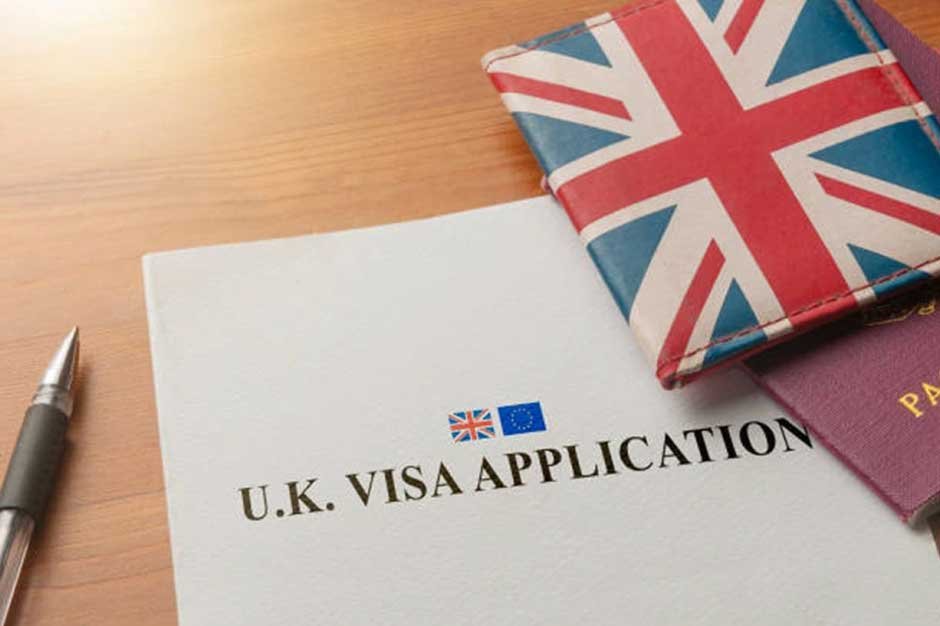Applying for a UK visa or permanent residency permit might be a taxing event with deadlines, ambiguity, and mountains of paperwork. An application denied can feel as though all that effort was in vain. Still, a rejection doesn’t always signal the conclusion of the trip. Here, the appeal procedure becomes essential. With the help of trustworthy immigration services UK candidates have the opportunity to challenge unreasonable rulings and present their case more effectively. The UK immigration appeal process guarantees every candidate a fair chance to be heard and that every decision is meticulously and transparently examined. In this article we will explore why UK Immigrant appeals matter for the people who want to apply.
Ensuring Fair Treatment
Immigration appeals give applicants another opportunity to present their case, therefore making them among the most important factors. Errors or misinterpretations could develop during the first decision-making process. Sometimes important papers are neglected or not appropriately evaluated. By means of an appeal, candidates can offer more proof, clear misunderstandings, and present grounds for rethinking the decision. This second chance can sometimes distinguish rejection from acceptance.
Protecting Legal Rights
Immigration rules are intricate, and candidates frequently lack a total grasp of their legal entitlements. Appeals provide them the opportunity to question choices that might infringe on their rights. One can have legal justification to appeal, for instance, if a denial compromises their right to family life under Article 8 of the European Convention on Human Rights. This choice guarantees that people are not unjustly ejected or refused entrance without a thorough evaluation of their circumstances. In the legal framework of the United Kingdom, it is an essential protection.
Correcting Administrative or Technical Errors
Occasionally, little administrative mistakes like missed documents, inaccurate dates, or insufficient information might cause refusals. In some cases, the errors are not the applicant’s responsibility. An appeal allows people to fix these problems and provide the correct information. If it deems the refusal unreasonable, the tribunal examines the new evidence and may reverse the initial ruling. This procedure helps stop individuals from being improperly punished for little mistakes easily correctable.
Strengthening Future Applications
Even if an appeal falls short, it offers a useful perspective for the applicant. The appeal process shows what went wrong and helps pinpoint faults in the first application. Applicants can then utilize this feedback to create more compelling arguments in the future. Many individuals who first lost appeal later succeed since they know how to deliver more lucid proof or fulfill particular legal criteria. This transforms the appeals process into a learning opportunity that improves long-run success.
Supporting Families and Humanitarian Cases
Often influencing families, kids, and people looking for safety are immigration policies. A rejected asylum request or visa might split loved ones or endanger someone in their native country. The appeal process offers individuals in circumstances like those an opportunity to more thoroughly describe their own circumstances. It lets the tribunal take into account humanitarian issues like health problems, family ties, or safety concerns that may have been forgotten. The right to appeal provides many families with hope and a means to stay in the UK.
Building Trust in the Immigration System
An equitable and effective appeals process boosts public confidence in the immigration system of the UK. Knowing they can contest an unjust decision boosts trust in the integrity of the system. It makes clear that until all facts have been carefully considered, immigration decisions are not irrevocable. This equilibrium of power and responsibility helps to build a more equitable system for all, namely, applicants and the government. Transparency in decision-making is vital for upholding fairness and equality in immigration law.
Conclusion
Appeals for UK immigration count as they defend justice, rights, and human dignity. They let candidates challenge judgments, rectify mistakes and help to guarantee that justice is done. Many in the appeals process hope for a chance to remain with their families, continue their studies, or establish a new life in the UK. Understanding how and why appeals function enables candidates to negotiate the system more boldly. Immigration appeals are ultimately essential tools for making sure every candidate gets the fair consideration they merit; they are more than simply judicial processes.




